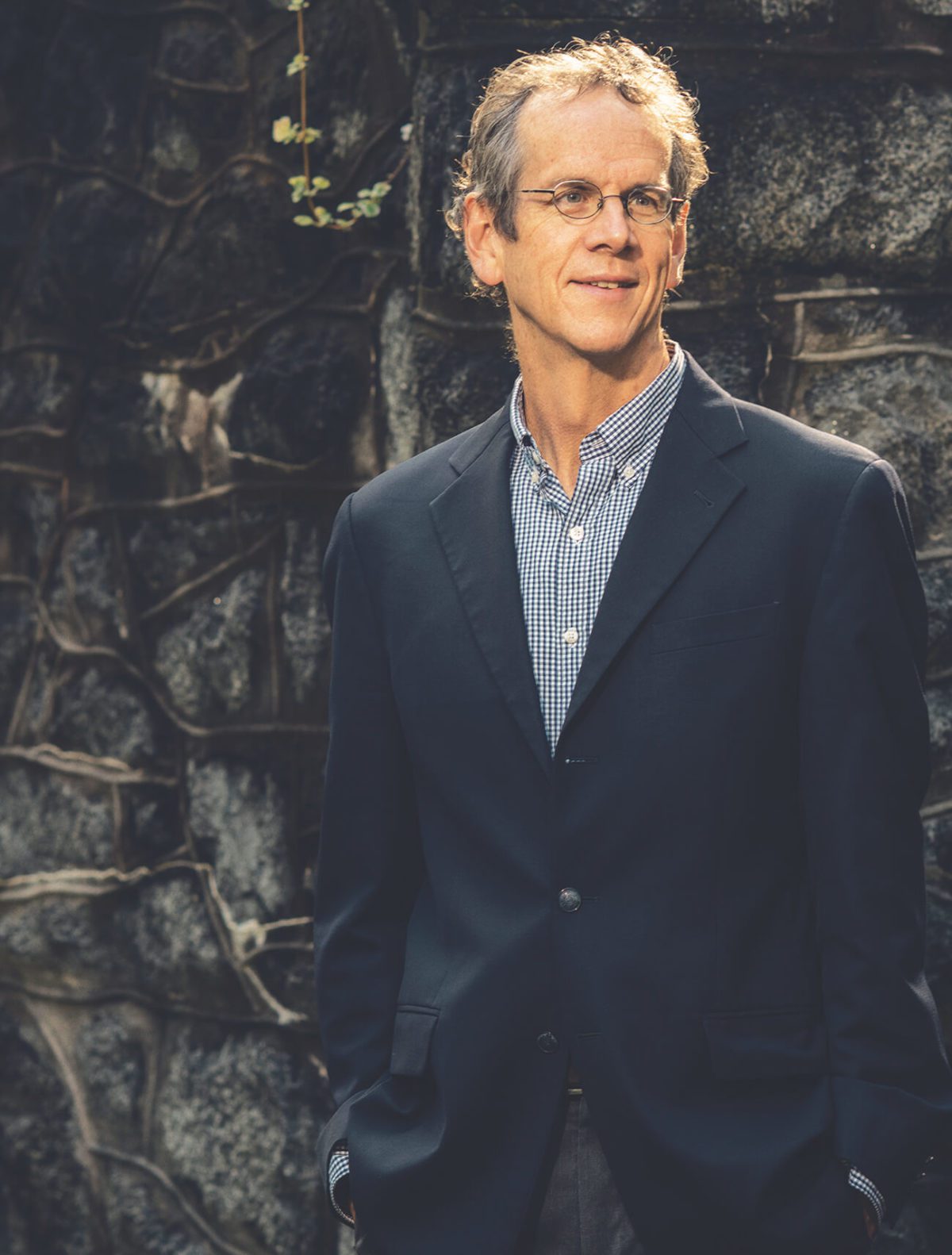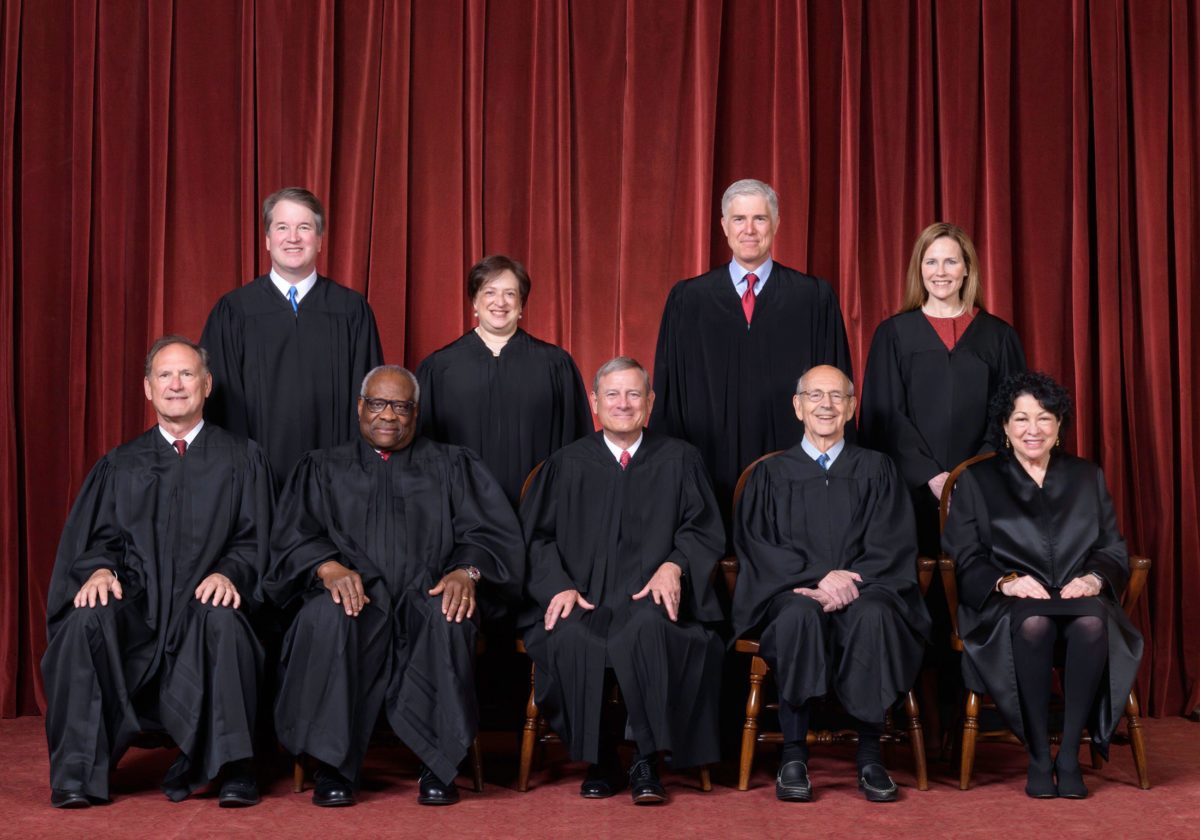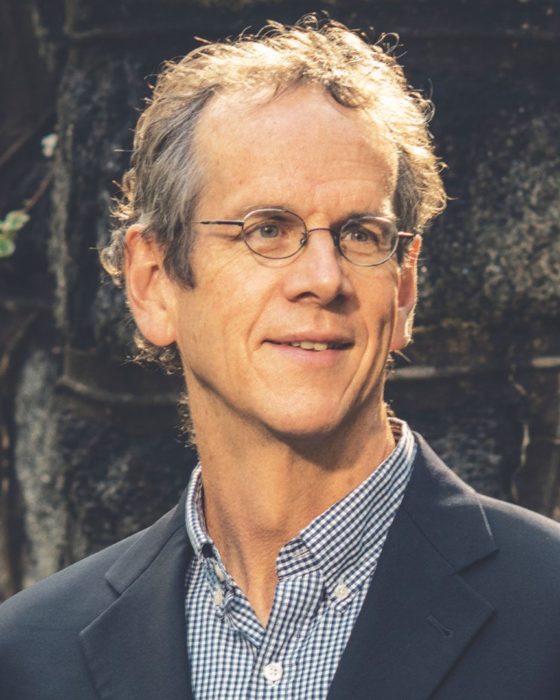Whether he’s jousting before the Supreme Court, leading 300 staff attorneys for the American Civil Liberties Union, teaching at universities or penning award-winning books, David Cole is a legal gladiator found at the front lines of battles to preserve and advance our Constitutional rights.

It didn’t long after his graduation from Yale Law School in 1984 for Cole to become involved in a number of high-profile cases. Along with legendary co-counsel William Kunstler, he won the 1989 Supreme Court case ruling that flag burner Joey Johnson of the Revolutionary Communist Party had a free speech right to torch Old Glory on First Amendment grounds (Texas v. Johnson). Cole played a role in the United States District Court, S.D. New York’s 1990 ruling banning Randall Terry and Operation Rescue from blocking abortion clinics. In 1992 he successfully argued before the European Court of Human Rights against Ireland’s constitutional ban on abortion counseling. The attorney litigated the 2018 Masterpiece Cakeshop v. Colorado Civil Rights Commission, wherein a bakery refused to bake a cake for a same-sex couple seeking to celebrate their wedding. Cole’s most recent SCOTUS victory was 2021’s Mahanoy Area School District v. B.L., which held that a high school could not kick a student off the school cheerleading team for saying “Fuck Cheer” on her Snapchat.
To better understand the work of the American Civil Liberties Union (ACLU), let’s go back to its roots: The association was founded in January 1920 to counter the first Red Scare, which targeted activists opposed to World War I and resulted in the Palmer Raids and mass deportations of so-called radicals. In the century since its establishment, the ACLU has become the nation’s largest civil liberties organization and describes itself as the “premier defender of the rights enshrined in the U.S. Constitution.” The nonprofit now works with a budget of $140 million and often spearheads struggles to defend America’s underdogs, including opposing school censorship during the 1925 Scopes Monkey Trial, denouncing mass internment of people of Japanese ancestry during WWII, fighting to desegregate schools in 1954’s landmark of Education case and winning the rights to interracial and same-sex marriage.
Cole became the ACLU’s National Legal Director at a tumultuous time, only 11 days before Donald Trump’s inauguration as President in January 2017. It was a period fraught with tension, as the organization resisted Trump’s Muslim ban, border wall, anti- refugee and family separation policies. In all, ACLU filed over 400 legal actions against the authoritarian- leaning Trump Administration. At ACLU’s New York headquarters, Cole oversees 100 staff attorneys and, across the USA, an additional 200 staff and 1,700 volunteer attorneys. In this candid conversation, he discusses today’s conservative SCOTUS, abortion, transgender and LGBTQ issues, voting rights, the NRA and so very much more…
HUSTLER: How does ACLU see the best way of working with a Supreme Court that will, in all probability, be decidedly conservative for years to come?
DAVID COLE: This is not a new problem for the ACLU. The Supreme Court has had a majority of Republican-appointed Justices since the early 1970s, so for over half a century. In that period of time the ACLU has been an active advocate in the courts and legislatures for the protection of civil liberties and the advancement of civil rights. We have achieved victories on things like the right to abortion; the right to interracial marriage and same-sex marriage; on the notion that laws treating women differently than men presumptively violate the equal protection clause; on arguments that the death penalty is unconstitutional, as applied to juveniles; and the like.

All of those decisions were handed down by Courts with a majority of Republican-appointed Justices. So, we’re used to this situation. Today’s Court has six very conservative Justices and three liberal Justices. That’s a particularly challenging makeup for an organization that advances rights that are advanced by both sides of the aisle, sometimes, but in other instances are themselves the subject of conservative/liberal decision.































